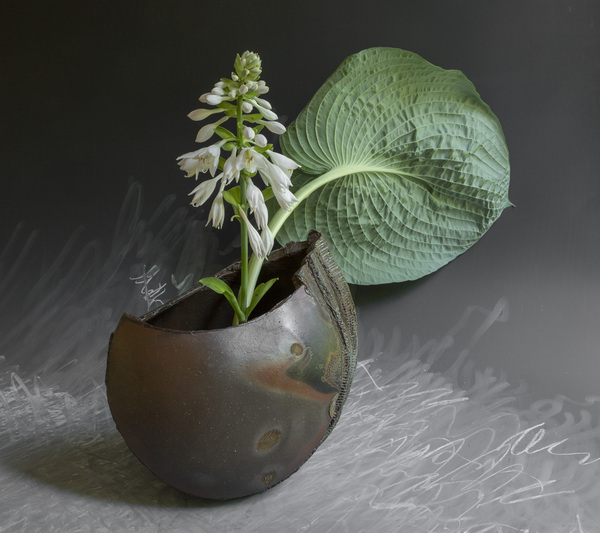Having spent five weeks in Tasmania from the beginning of April to the first week of May I feel like my sense of the year is slightly turned around. When I returned it was so green here it almost hurt my eyes after the dry autumn landscape of Tasmania. But now I have made my peace with the northern hemisphere. I love how each evening seems impossibly long. As a child I defined the beginning of summer as the end of school and an escape from New York City. But as an adult my definitions of summer are always shifting responding to the heat, the garden, my pottery projects, and travel schemes. There are visual and physical landscape clues in the grass and the the angle of light, the weed growth and deep shadows. Today the textured hostas clearly spell June, a synonym for the beginning of summer.
From The Start of Summer in the Paris Review by Nina MacLaughlin, a writer and carpenter in Cambridge, Massachusetts.

Leave a comment